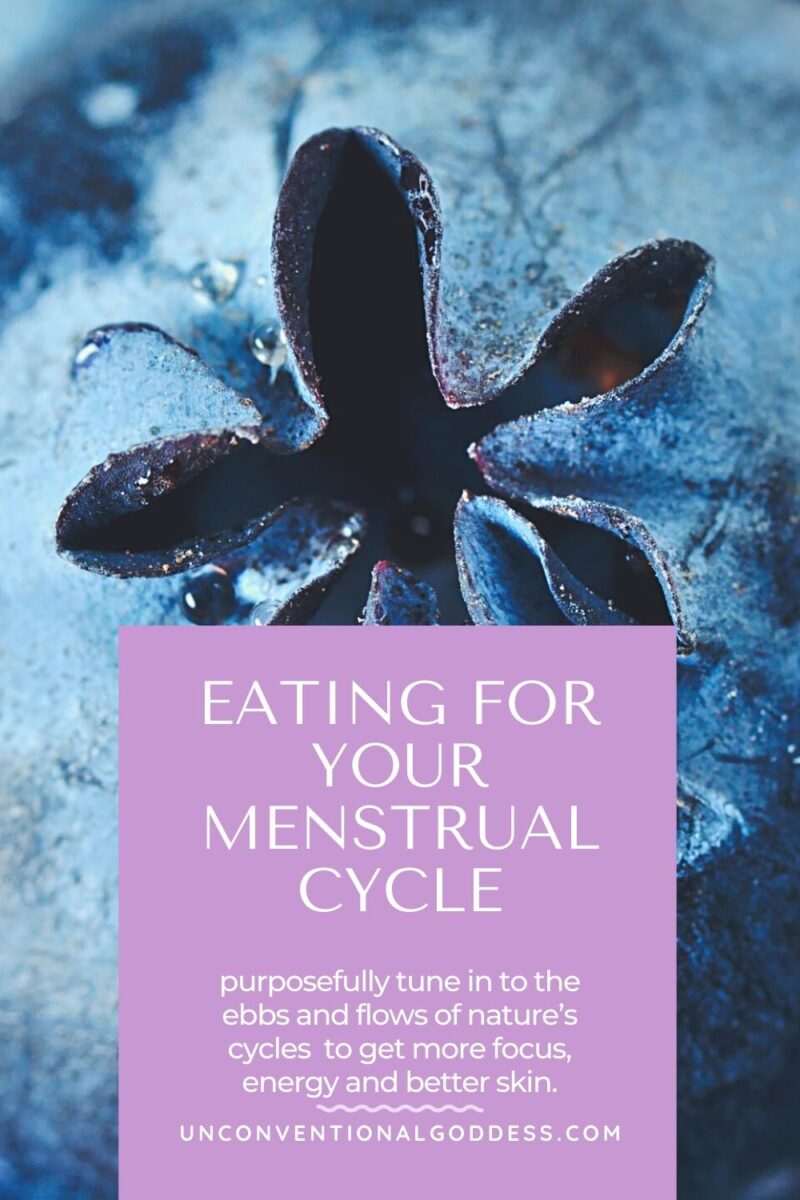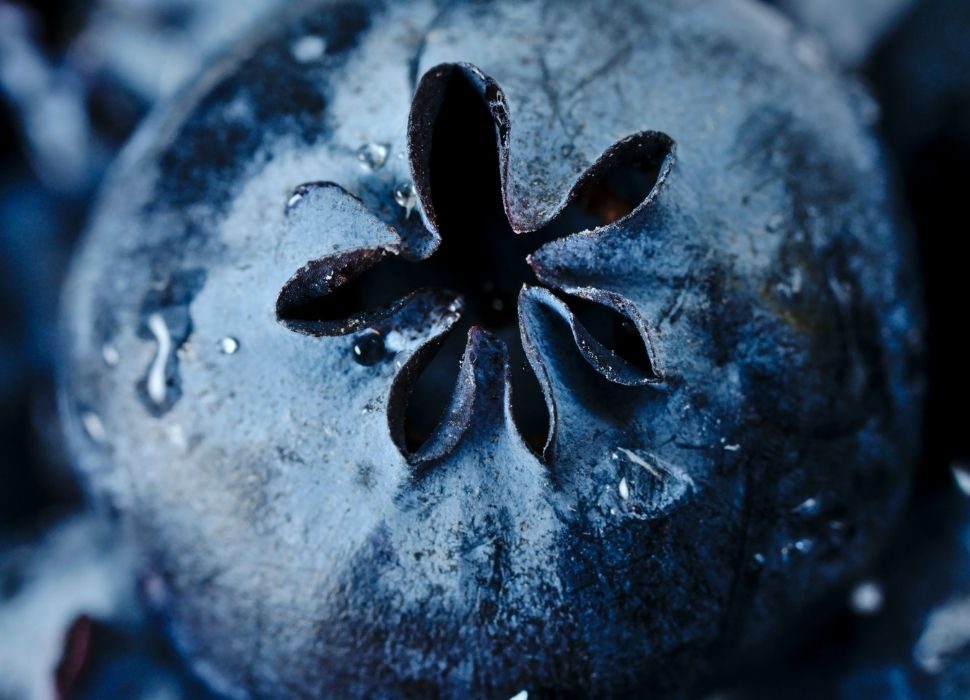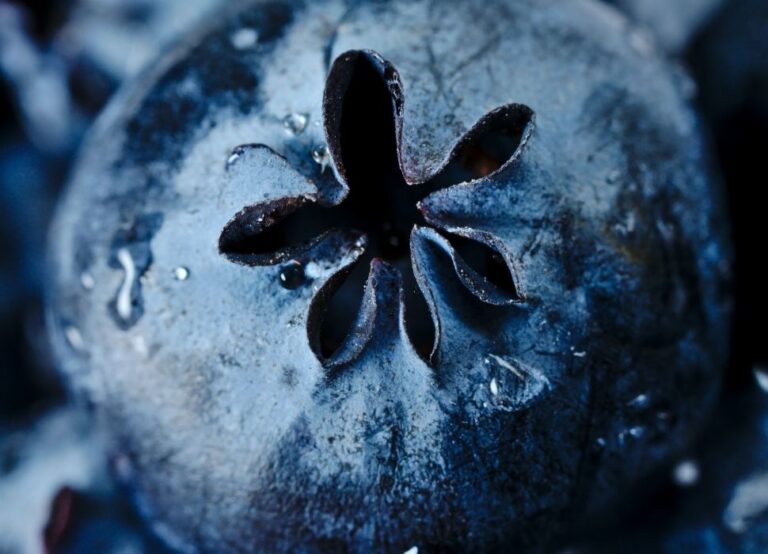If you haven’t reached menopause yet, and in line with the cyclical living theme, it’s good to become aware of which foods work with your body during the different phases of your menstruation cycle.
These foods could help to give you more energy, focus, detoxify as well as clear your skin. Cyclical living, as covered in my previous post, allows us to purposefully tune in to the ebbs and flows of nature’s cycles – seasons, lunar and menstruation.
Feel the rhythm.
I have followed this rhythm for the past 28 days and have been amazed at how aligned my energy levels are with my cycle. I’ve also worked differently and allowed myself downtime when I needed it, not feeling the usual guilt that comes with it.
In order to take this further in my life, I want to now focus on eating properly during every phase of my cycle, to support my body and health as well as my productivity.
Journalling during your cycle.
One way I’ve kept track of what my body has been going through from phase to phase was through journaling. You can too and keep track of your eating habits as well as your energy levels and mood. So start on the first day of your period, then track daily how you are feeling. It’s a highly enlightening process.
Foods for your Menstrual Phase (Days 1-5)
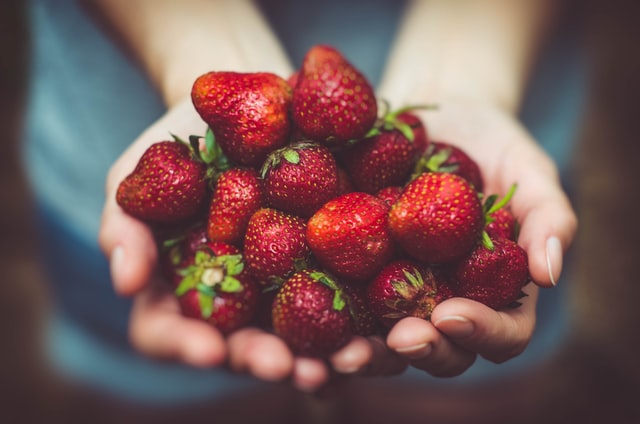
Menstruation is the “wintertime” of your cycle. It’s here where you rest and replenish your body. It’s all about warmth, comfort and treating yourself to wonderfully nutritious food like :
- Anti-inflammatory foods like berries, red cabbage, raspberries, beans, purple or red grapes, spinach, beetroot, kale, red and yellow peppers.
- Iron-rich foods – Because of blood loss during this time, foods that contain iron are super important. From a vegan perspective (because that’s what I’m trying to be), make sure you add legumes such as beans, lentils, chickpeas, peas, and soybeans. Dark green leafy vegetables, such as spinach or kale are also ideal. Peas, broccoli, quinoa, sunflower seeds, Tofu and dried fruit, such as raisins and apricots are great too. Also try iron-fortified cereals, bread and pasta. If you’re a meat-eater, then continue with red meat, pork, chicken and shellfish. If you enjoy liver, you can also try that and other organ meats too.
- Vitamin C-rich foods – Eat these as they help the body absorb iron from other foods. Stock up on citrus fruits, tomatoes, spinach, broccoli and bell peppers.
- Dark chocolate – besides the usual suspects of great fruit and vegetables, here’s the excuse you’ve been waiting for. Dark chocolate is incredibly delicious and nutritious containing iron, copper and magnesium. Dark chocolate also contains prebiotic fibre, which helps friendly bacteria in your tummy. Did you know that dark chocolate and cocoa powder had more antioxidant power than acai berries and blueberries? Remember to stick with dark chocolate only, as it contains compounds called flavanols which are responsible for all of this chocolate’s benefits.
- Steer clear of sugary, inflammatory foods that will leave you depleted and feeling terrible. Also stay away from alcohol, spicy foods, and caffeine.
A note on Iron Supplements – you may also need an iron supplement especially if you are feeling tired, suffer from anxiety or depression. If you exercise heavily, are pregnant or follow a vegan diet, you may want to consider having a ferritin test. Ferritin is a protein that stores iron and releases it in a controlled fashion. A ferritin test helps your doctor understand how much iron your body stores. If a ferritin test reveals low blood ferritin levels, this could be an indication that your body’s iron stores are low and you have iron deficiency. As a result, you could be anaemic.
Foods for the Follicular Phase (Days 6 – 12)
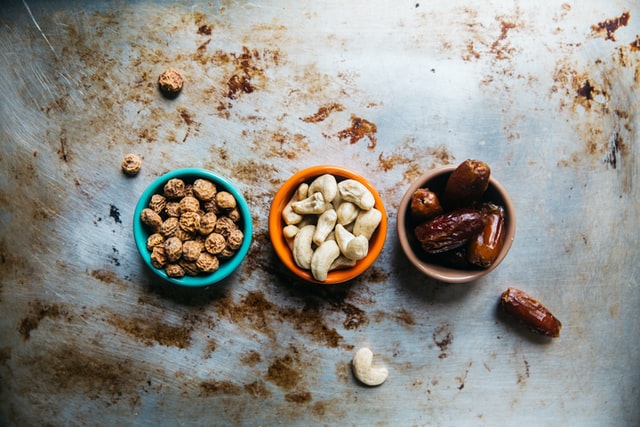
The Follicular phase is when the body is preparing the egg to be fertilized. Here certain foods are important to support follicle development but also help you metabolize estrogen as efficiently as possible. The aim here is to keep it fresh and light so food to enjoy during this phase is :
- Nutrient-dense foods like green vegetables, nuts, seeds, eggs, fish, and legumes. Kale, cabbage, broccoli, and cauliflower are packed with a phytonutrient called diindolylmethane (DIM), which helps to even out estrogen levels.
- Supplement or eat foods that are rich in nutrients like Vitamin B and Zinc, which support the healthy release of the egg and successful implantation. These are found in whole grains (brown rice, barley), meat, eggs, legumes (beans, lentils), seeds and nuts (sunflower seeds, almonds), dark, leafy vegetables (broccoli, spinach) and fruits (citrus fruits, avocados, bananas).
- Essential fatty acids, also called EFAs, help encourage blood flow to the uterus as well as support the opening of the follicle to release the egg in a timely manner. Fish, like cold-water fatty fish (salmon, sardines, mackerel and tuna), nuts and seeds (such as flaxseed, chia seeds, and walnuts) and plant oils (such as flaxseed oil, soybean oil, and canola oil) are good to eat.
- Drink lots of water during this phase as it helps follicle development and transports the necessary hormones around the body.
- Stay away from alcohol and caffeine, which dehydrates and could cause hormonal imbalance.
Foods for the Ovulation Phase (Days 13-18)
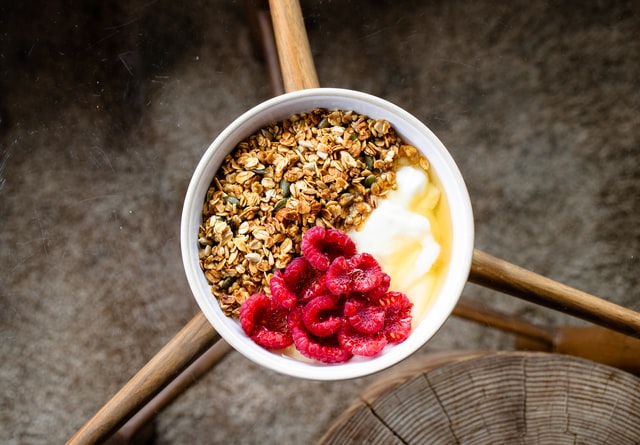
During your Ovulation phase, your body gets ready to expel your uterine lining and used hormones from your follicular phase.
Foods to focus on:
- Cruciferous vegetables like cauliflower, cabbage, kale, garden cress, bok choy, broccoli, Brussels sprouts.
- Antioxidant-rich berries
- Protein.
- Fibre – to eliminate properly and stay regular. This is probably the phase where some women start to have digestive issues.
- Probiotics like sauerkraut can help with any digestive issues or you could take a probiotic supplement.
- Vitamin B and Zinc support the healthy release of the egg and successful implantation.
- Water plays an important role during ovulation too helping to thin out cervical mucus, which aids in getting pregnant.
- Limit intake of overly processed foods, acidic foods and coffee.
- Valerian/ Fennel tea blend – this is a botanical tea known to encourage deeper sleep.
Foods for the Luteal Phase (Days 19-28)
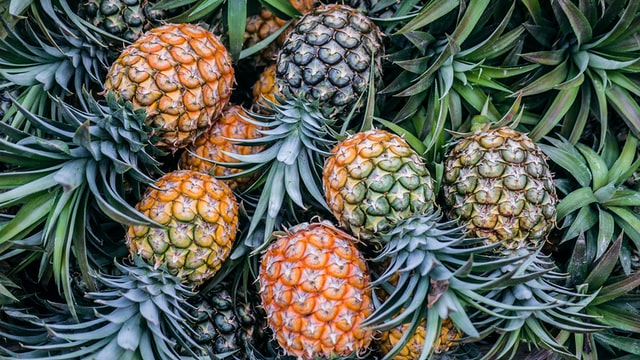
Many women experience PMS around this time as the luteal phase is right after you ovulate, but before you get your period. Progesterone, during this phase, boosts appetite and cravings for high fat, high-calorie comfort foods. It also makes the body more sensitive to changes in blood sugar. Progesterone is the hormone responsible for maintaining your endometrial lining so that a fertilised egg can implant and grow.
During this phase eat:
- Beta carotene-rich foods – leafy greens, carrots, and sweet potatoes. These foods help to regulate hormones as well as encourage cell growth.
- Bromelain-rich foods like pineapple, kiwifruit, ginger, turmeric, asparagus, sauerkraut, kimchi and yoghurt. Bromelain is a digestive enzyme that helps break down proteins into amino acids.
- Carbohydrates may be what you are craving, but rather make them complex ones such as like brown rice, pasta or brown/ seed bread. This ensures you still have energy but you get the B vitamins too to fight stress and the fibre to help curb cravings and balance your mood.
- Cucumber – to aid water retention.
- Magnesium-rich foods like nuts and seeds, leafy greens, avocado, chocolate, and bananas will help detoxify and stave off cramps and headaches as well as help you sleep.
- Ashwagandha – as a supplement to help your body adapt to stress.
- Avoid salty foods that drive up water retention.
- Again avoid caffeine and alcohol as they are stimulants that aggravate mood shifts and PMS- triggered anxiety. They also interfere with the absorption of essential minerals and vitamins. Rather try alternatives like sparkling fruit water or herbal teas.
Try this for a month and monitor how you feel. As women, our periods impact our mood, feelings and energy. It’s worth exploring these changes to see how we can live more calm and peaceful lives, in line with our energy levels and values. Try some of these suggestions and comment on the Unconventional Goddess Community Facebook group.
